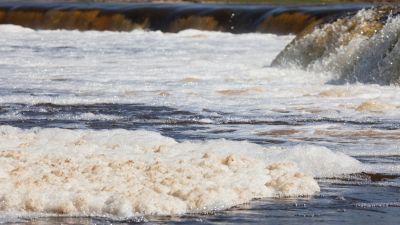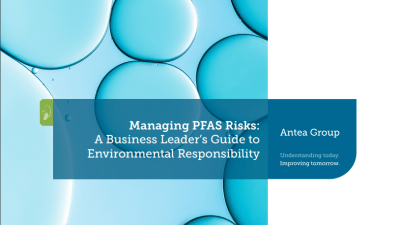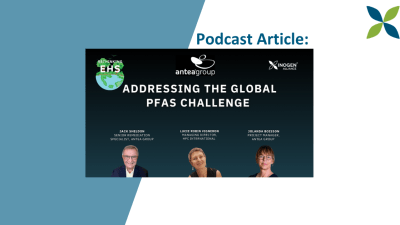Addressing the Global PFAS Challenge
Hosted by: Phil Dillard
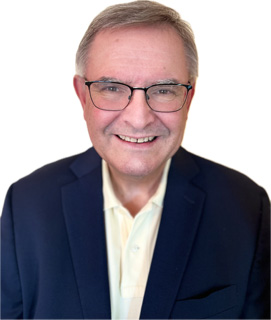
Jack Sheldon
Jack Sheldon is a Senior Remediation Specialist with Antea Group USA. He has over 40 years of experience in the fields of environmental microbiology and remediation. Jack has a BS in Bacteriology & Public Health and an MS in Environmental/Industrial Microbiology from Wagner College in Staten Island, NY. In his current role, he advises on remediation technology selection, performance, and optimization across the US and abroad. His key technology areas are bioremediation and chemical oxidation. Jack has authored numerous papers and posters, and co-authored two best-selling books on bioremediation. Jack is also a subject matter expert on PFAS.
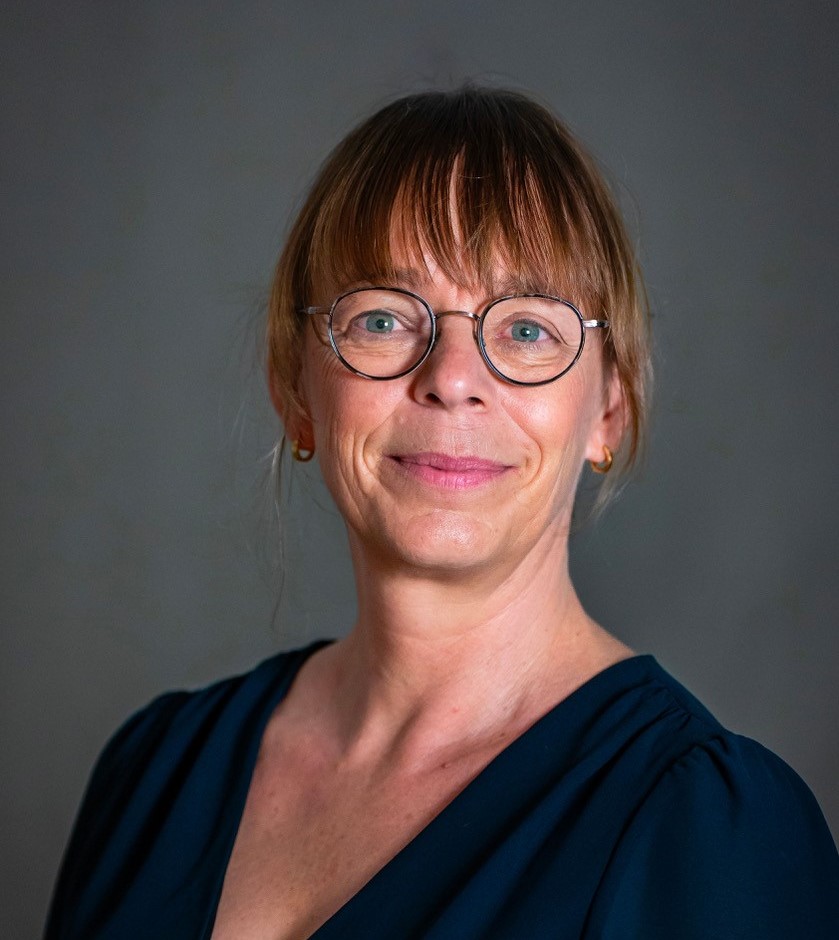
Jolanda Boisson
Jolanda Boisson has a PhD in contaminated sites and soils and has been working in the Research and Innovation Department of Antea Group France since 2001. Since 2019 she has been working on PFAS and is the PFAS referent at Antea Group France. As part of her PFAS mission, she has developed a PFAS service offering (sampling, data analysis and management of polluted water and soil). She has also developed a tool for pre-identifying potential sources of potential PFAS sources in the metropolitan area. Finally, she presents conferences and webinars on the topic.
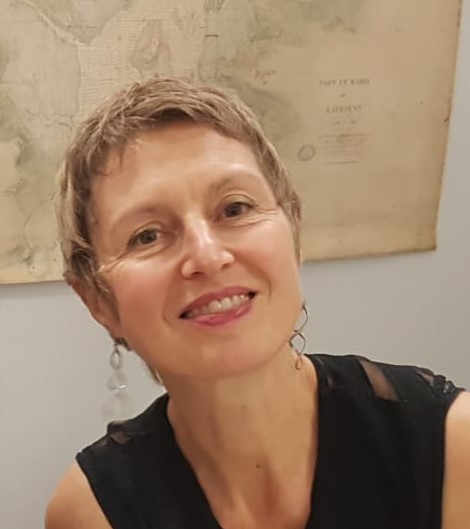
Lucie Robin Vigneron
Lucie, Managing Director of HPC International in France, is a chemical and sanitary engineer with more than 25 years of experience in the environmental sector. Her professional experience covers a wide range of services in management of polluted sites, in particular health risk assessment studies (more than 500 references), but also due diligence, audits, environmental and social impact assessments, as well as project management of industrial sites decontamination. Research & development is part of her professional covered fields, in particular regarding emerging pollutants such as PFAS (with some publications since 2022), and recently project manager of a wide PFAS study on French Airports.
“I think it's really important to control the narrative and build that rapport with the regulator.Don't make the relationship adversarial from the start. Create a partnership with the regulatory environment, and you can drive the action then as a business, as opposed to waiting for the regulators to drive the action, which could be much more expensive, could come with a lot of other implications, and could have brand impacts.” - Jack Sheldon
“We hear more and more about the ban of PFAS. Now, for example, in France, there was a proposition for a law to ban PFAS in clothing and textiles. But, then all the textile industry,they will probably have to change their process of producing textile, or they will have to find substitutes for the PFAS. So, this also has a lot of costs for the industries.” - Jolanda Boisson
“Why it's important because it's already spread in the environment and we know already they are largely present and mixed. For example, there are some places in France, in the region of Lyon, where we already have a large contamination. This is already impacting every environment, including houses, gardens, animals and people.” - Lucie Robin Vigneron
---------
Time Stamps
00:00 Introduction to PFAS and their impact
01:23 Introduction to PFAS experts / start of panel conversation
02:37 Understanding PFAS chemical properties and concerns
04:20 PFAS in consumer products and environmental impact
13:44 Why leaders need to be aware of PFAS and global regulation
23:04 Regional differences in PFAS regulation
37:01 Advice for addressing PFAS issues
42:59 Phil’s key takeaways








